
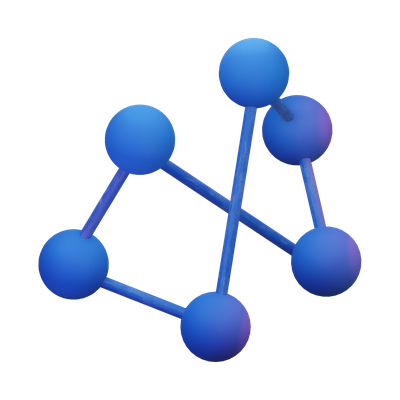
Explore quantum applications
While the full scope of quantum computing's impact remains to be seen, the Quantum AI team and its collaborators are actively exploring near-term and long-term applications across industries.
Beyond benchmarks to real-world applications
Quantum computing is rapidly evolving, transitioning from early explorations of benchmark tasks to more practical applications. Our goal is to identify realistic applications for quantum computers before developing a fault-tolerant quantum computer.

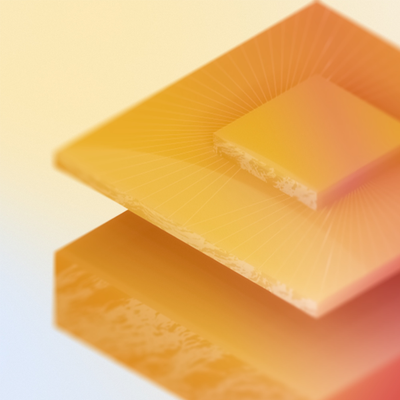
Performing benchmark tasks
Early quantum exploration involves using quantum computers to explore benchmark tasks. Researchers created simulators to observe quantum algorithms in ideal conditions to help prepare for experiments on actual quantum hardware.


Embracing current NISQ applications
Our exploration of Noisy, Intermediate Scale Quantum (NISQ) applications aims to identify a realistic path toward using current quantum systems to solve scientific and industrial problems before developing a fault tolerant quantum computer.


Looking at the fault tolerant future
The full potential of quantum computing will be unlocked with a large-scale computer capable of complex, error-corrected computations. Google Quantum AI's mission is to build this computer and unlock solutions to classically intractable problems.
Future uses for quantum computing
Quantum computing matters because of the revolutionary potential of its future applications. Quantum computers will be instrumental in modeling inherently quantum mechanical phenomena—problems with a "hidden structure" that can't be seen with a classical computer.
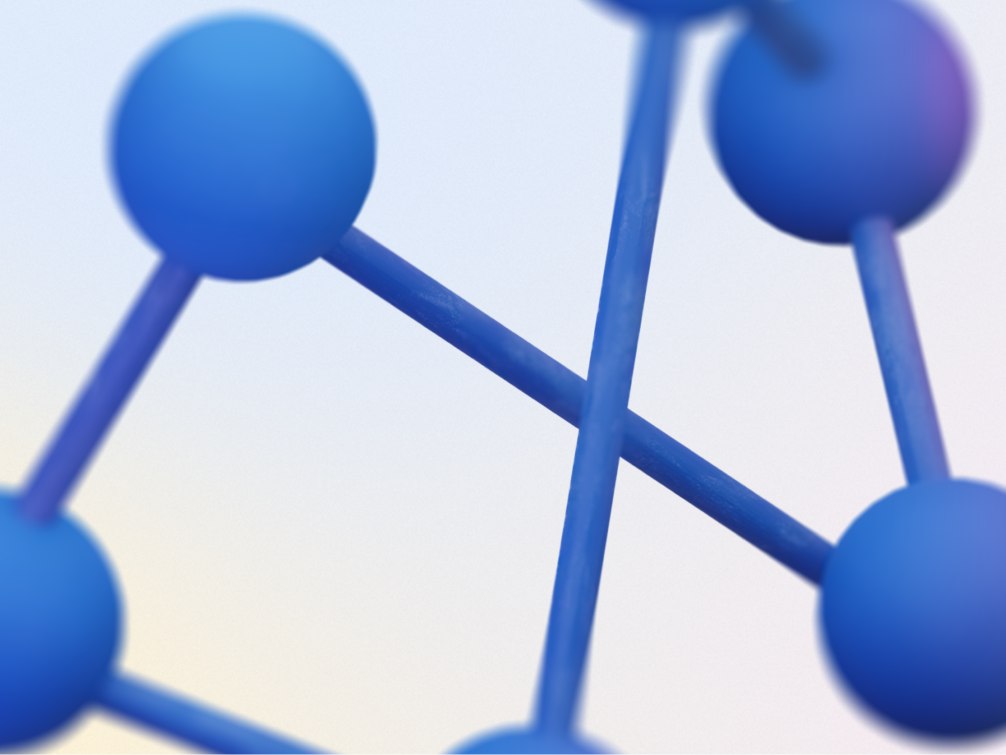

Drug discovery
Classical computers can't precisely simulate drug molecules, so robust experimentation is still needed to screen promising drug candidates. Quantum computers are ideal for getting precise simulations of how potential drugs interact with complex biological molecules. This may help researchers better identify drug candidates – and ultimately improve healthcare worldwide.
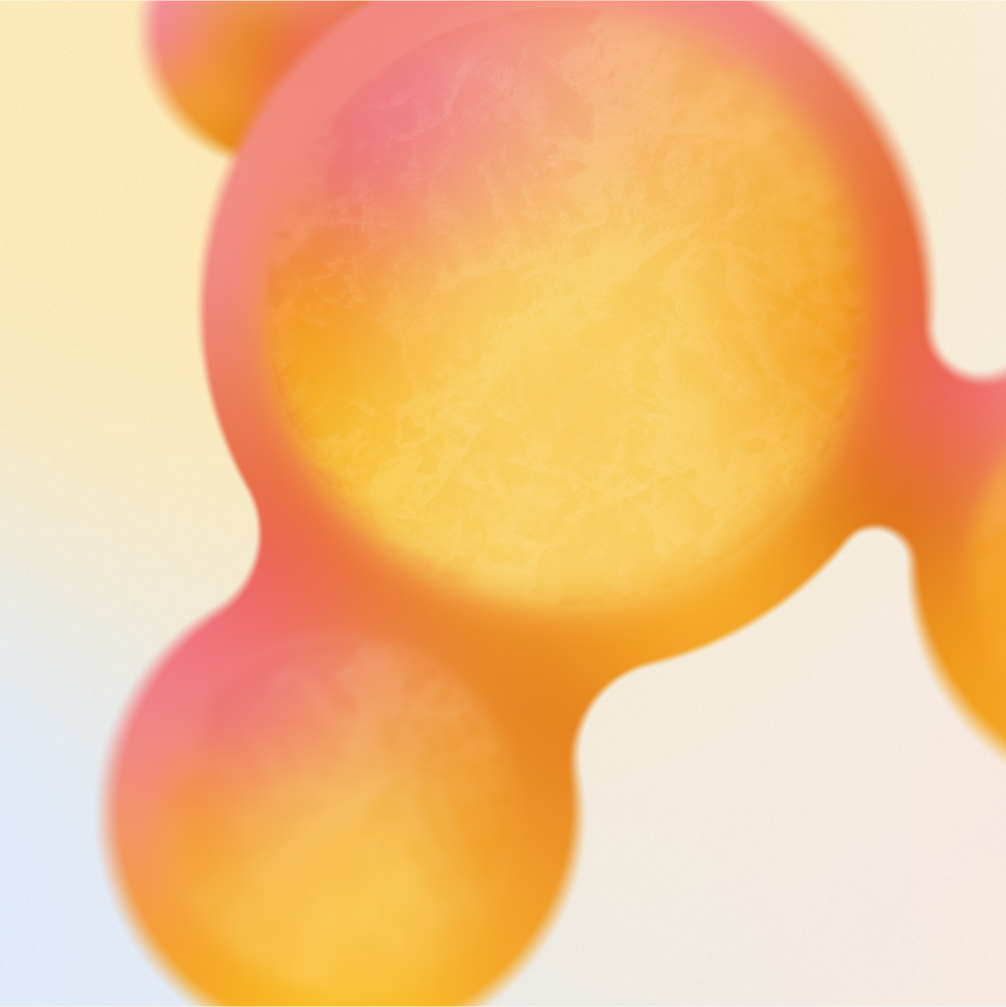
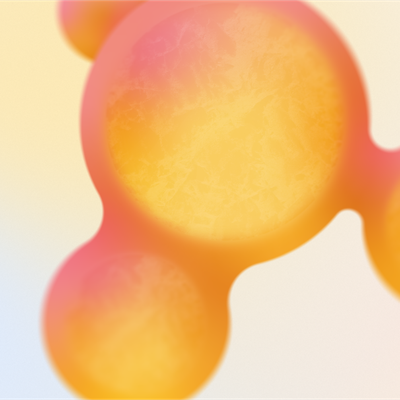
Industrial chemistry
Quantum computers could help make critical chemical processes safer and more efficient to benefit both people and the environment. For example, ammonia is one of the most common industrial chemicals in the world, most often used in agricultural fertilization and pharmaceuticals. However, ammonia production alone contributes 2-3% of global greenhouse gas emissions. Using quantum computers to better simulate the chemical reactions used to produce ammonia could make ammonia manufacturing more efficient and lower emissions.


Sustainable technology
Quantum computers will provide detailed electrochemical battery simulations that can lead to higher-performing batteries and get the industry up to speed with other green technologies—giving us electric vehicles that charge faster and drive further, all while on a grid with a 24/7 renewable power supply. Quantum computers may also help fight climate change in other ways, like improving nuclear fusion reactor designs through physics simulations.


Fundamental physics research
Though they're not yet fully corrected, today's quantum processors can still support breakthrough physics research. They've already seeded now-ubiquitous technologies like GPS, silicon computer chips, and MRI machines. Most recently, the Google Quantum AI team and collaborators conducted experiments to study quantum gravity, molecular structures, interacting particles of light, and exotic phases of matter. Additional physics breakthroughs could unlock new technologies, like loss-free power grids.
Featured applications research
From understanding the basics of quantum computing to learning about our latest research and hardware updates, explore helpful tools and resources made by the Quantum AI team.

To explore the potential quantum advantage in chemical simulation, we investigate the classical and quantum resources needed to simulate pharmaceutically relevant molecules, paving the way for future complex simulations on quantum computers.

Learn more about a quantum circuit method for encoding quantum chemistry Hamiltonian spectra in an arbitrary orbital basis with near-optimal Toffoli complexity, enabling molecular eigenbasis sampling and outperforming prior methods in both asymptotic scaling and fault-tolerant resource requirements.

Read about a method for quantum simulation of periodic materials using symmetry-adapted Bloch orbitals, reducing computational costs compared to prior approaches, but further improvements are still needed for practical, large-scale simulations.

Learn more about a fault-tolerant quantum computing protocol for calculating stopping power (how materials absorb charged particle energy), a crucial but classically difficult property for modeling inertial fusion implosions.


